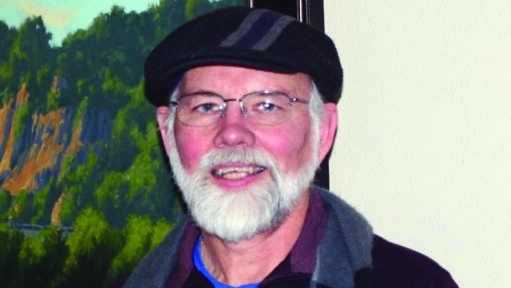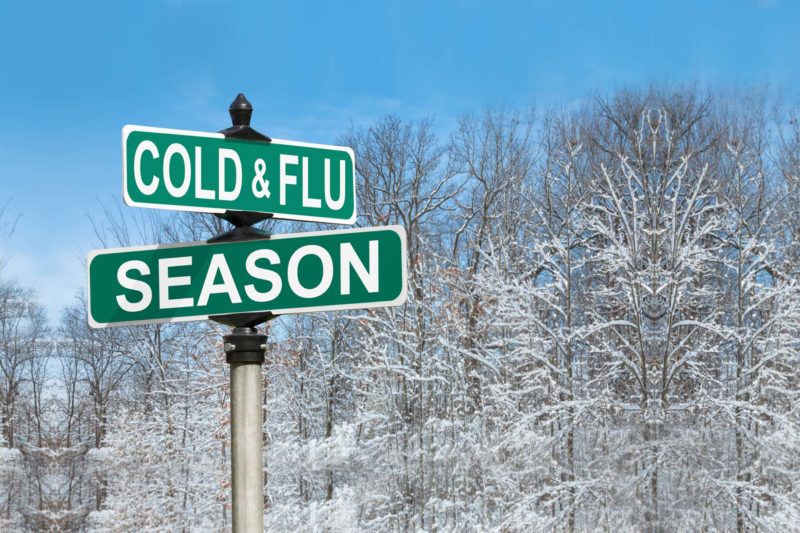Will the Circle Be Unbroken?
Will the Circle Be Unbroken is the song and refrain that played in my mind on a continuous loop as my siblings, my wife and I stood together at the cemetery near our hometown. Generations from great-grandparents to a brother killed in a farm accident at the age of 4 are buried here. A few weeks prior, I had made my intentions known that this is where my wife and I would like our final resting place to be. To my surprise, all my siblings said “We want in.” We gathered next to where our parents were buried to pick out the plots into which our cremains would someday be placed. Will the circle be unbroken? It is both a haunting and comforting melody expressing the longing and hope for the deep bond of family that transcends time and place.
We have entered a season where the idea of family moves front and center. Still loosening our belts from Thanksgiving, we turn our attention toward a time of the year in which the claims of family only deepen. Whatever our tradition, be it religious or not, we find the call of family beckons. At its best, this beckoning fosters what Celtic theologian John O’Donohue refers to as a deep sense of belonging, through which the soul knows unity. Theologian John Philip Newell refers to this unity as an often forgotten ancient harmony that knows the relationship of all things.
The deep sense of belonging toward which family can point is what the Buddhist spiritual leader Thich Nhat Hanh refers to as “inter being”. Hanh says, “We cannot just be by ourselves alone. We have to inter-be with every other thing”. Hanh is, of course, pointing to an idea of family that is expansive, going well beyond the nuclear relations from which we trace our family tree.
Will the circle be unbroken? Many First Nations people have long known and claimed an expansive notion of family with the expression often used by the Dakota and Lakota as “all my relatives”. It is an affirmation making space for not only people from all corners of the world, but as Ohiyesa (Charles Eastman) says in the book Soul of An Indian, also “with our brothers and sisters of the animal kingdom.” Often forgotten by Christians, St. Francis of Assisi calls for an expansive experience of family in his Canticle of Brother Sun, Sister Moon. Episcopal theologian Karen Armstrong strongly argues that at their best, all the world religions have compassion at their core, which is vital for an expansive view of family.
Will the Circle be unbroken? Tragically it has been broken. This expansive view of family was broken by harm done to First Nations through genocide and broken treaties. Family was broken when slavery was rationalized and, in more recent days, when the Rondo community was torn apart to make way for a freeway. Racism is a denial of family. So, too, is unwillingness to deal with climate change and the harm it does to all of life.
For all of us, family is aspirational. It is an ideal toward which we reach. We come up short both with the smaller circle of family with whom we gather at this time of year and the expansive family to which we all belong. We come up short, which is why we experience hurt, resentment, even hatred, ultimately feeding the divisions from which we suffer. We come up short, yet we keep asking the haunting question because at the end of the day we know we need each other. We need to care for all our brothers and sisters, including, as St. Francis says, sister water and brother air. Will the circle be unbroken? It is a question at the core of any community that hopes to thrive. Will the circle be unbroken? It is a question we must continue to ask.
Tim Johnson is a retired pastor of the United Church of Christ.




